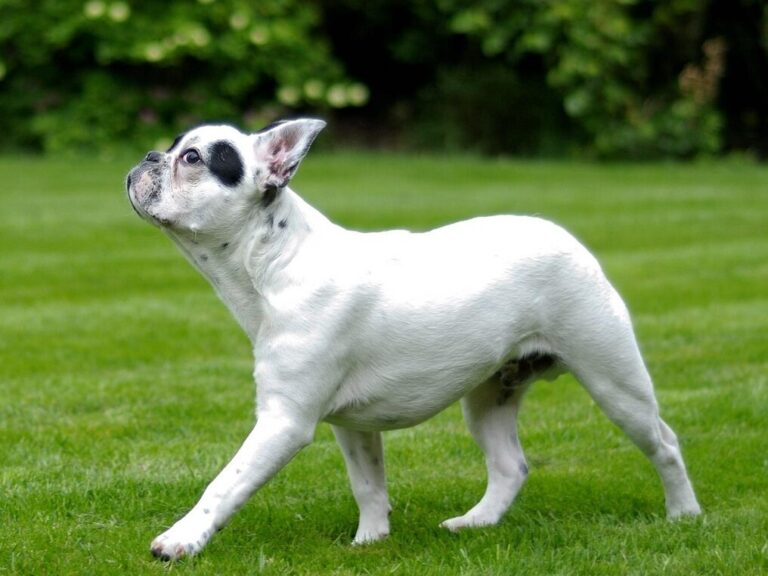10 Myths About Aging Dogs You Should Stop Believing

As dogs age, they experience changes that can sometimes cause misconceptions about their health and behavior. Many myths surrounding aging dogs can lead to unnecessary worry or misunderstandings. Here are 10 myths about aging dogs you should stop believing.
Old Dogs Can’t Learn New Tricks

Aging doesn’t mean a dog’s learning abilities vanish. With patience and consistency, even older dogs can master new skills. Dogs’ brains retain the ability to adapt, which shows that it’s never too late to teach your senior dog a new command or trick.
Older Dogs Need Less Exercise

Exercise remains essential as dogs grow older. Even if their stamina decreases, regular, low-impact activities like gentle walks help maintain muscle tone and improve health. Skipping this key activity can lead to negative effects such as obesity and joint stiffness.
Aging Dogs Are Prone To Constant Health Problems

While aging increases vulnerability to health issues, not every senior dog faces chronic conditions. Routine vet checkups can detect early signs of potential issues. With proper care, many senior dogs enjoy healthy, vibrant lives despite their age.
Old Dogs Can’t Enjoy Physical Activity

Senior dogs may not play as intensely as they did in their younger years, but they still appreciate physical activities. A quick walk or a simple game of fetch can bring immense joy, helping them maintain fitness and providing much-needed mental stimulation.
Gray Fur Means A Dog Is Unhealthy

Many assume that a dog’s graying fur is a sign of illness, but that’s not true. Just like humans, dogs develop gray hairs as part of the natural aging process. Some dogs even start graying early due to genetics or stress, not because of underlying health problems.
Aging Dogs Lose Their Affection

As dogs age, their need for human connection often increases. Senior dogs tend to mellow out, seeking companionship more frequently. This shift can result in a deeper, more loving bond as they become increasingly attached and affectionate.
Older Dogs Don’t Need Mental Stimulation

Mental stimulation is just as critical as activities for senior dogs. Brain exercises, like puzzle toys and interactive games, can help prevent cognitive decline. Engaging your dog’s mind reduces anxiety and helps maintain sharpness.
Older Dogs Sleep All The Time Because They’re Lazy

Senior dogs may rest more, but increased sleep isn’t just about laziness. As metabolism slows, they require more recovery time after activity. Joint stiffness, cognitive changes, or even boredom can contribute to more naps.
Older Dogs Should Avoid Going Outside

Outdoor time is just as beneficial for senior dogs as it is for younger ones. Limiting their time outside can lead to boredom, depression, and physical health issues. A simple walk or time spent lounging in the sun promotes mental clarity and physical well-being.
Adopting A Senior Dog Is A Bad Idea

Senior dogs can make exceptional companions. They tend to be calmer and often require less training than puppies. By adopting a senior dog, you’re providing them with a loving home, and in return, they offer loyalty and affection in abundance.





